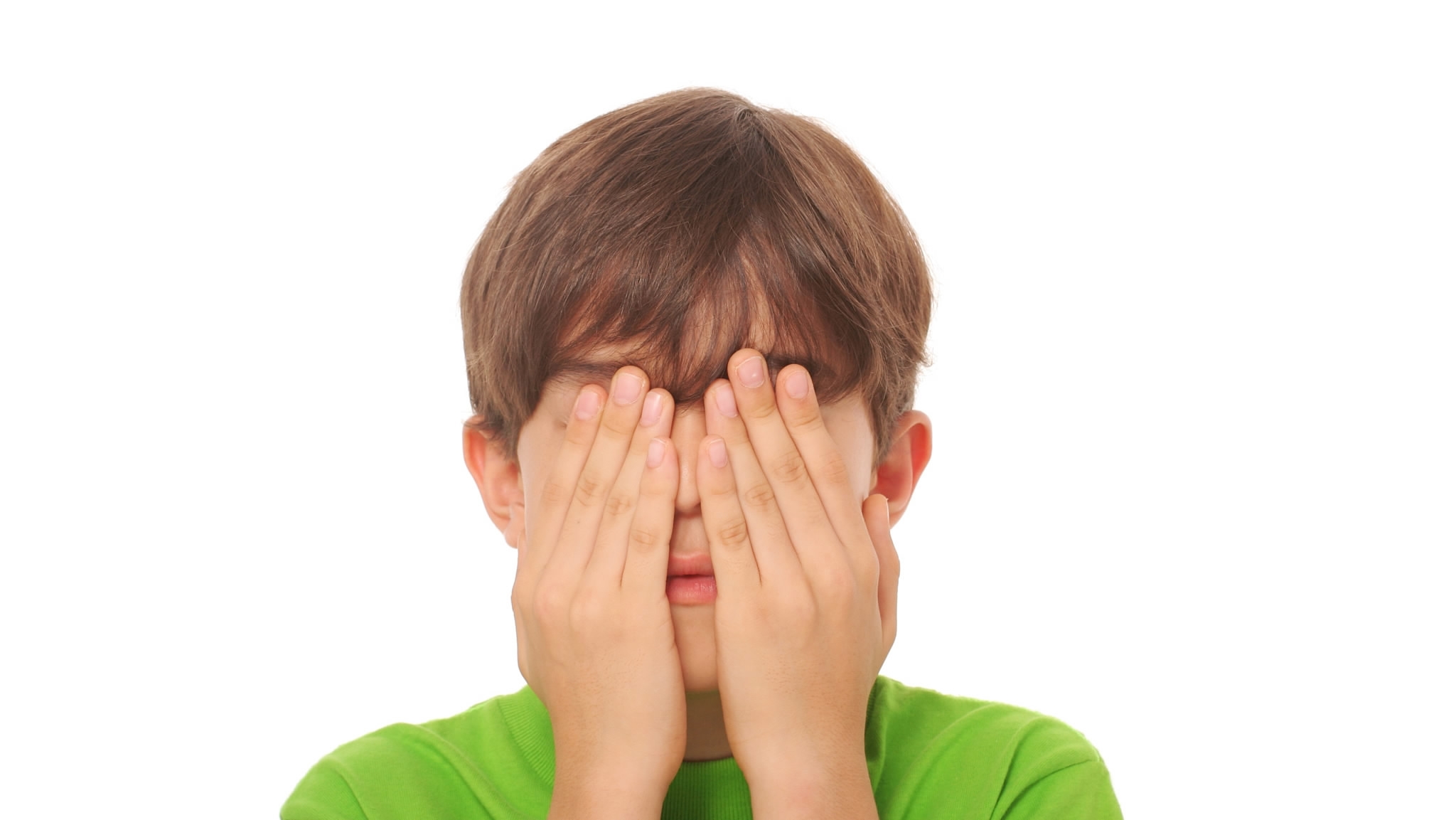
China
12:10, 22-Jan-2018
Inappropriate animated videos appear on Chinese streaming services
CGTN

“Elsagate” is a term that refers to the spate of online videos in which animated characters from children's entertainment, such as Spider-Man and Elsa from "Frozen", take part in content that is inappropriate for their target audience. These videos - which are currently at the center of a YouTube controversy - have appeared on Chinese Internet, triggering discussions among Chinese netizens and concerned parents.

Elsa and Spider-man are drinking beer in one of these inappropriate animations. /Guanchazhe.cn Photo
Elsa and Spider-man are drinking beer in one of these inappropriate animations. /Guanchazhe.cn Photo
In the videos, these popular characters can be seen fighting and hurting each other, wearing exposing outfits, and taking part in surreal, often graphic acts, such as performing surgery and getting buried alive, causing distress in both children and adults. Throughout these videos, Elsa appears the most, hence why the phenomenon is called “Elsagate”.

A Weibo user @Roudaidamowang posted an article about the company producing these disturbing videos. /Photo via Weibo
A Weibo user @Roudaidamowang posted an article about the company producing these disturbing videos. /Photo via Weibo
Weibo user @Roudaidamowang posted an article on on Jan.16, which revealed how the company produced the inappropriate videos.
As more Chinese netizens discover similar videos, it appears that these bizarre videos have spread across almost the major Chinese video streaming services, including Youku, iQiyi, Tencent. Categorized as educational and child-friendly, these videos are intended to be found and shared by children when they search for appropriate videos online.

Chinese netizens expressed their anger in the comments on Weibo. /Photo via Weibo
Chinese netizens expressed their anger in the comments on Weibo. /Photo via Weibo
Chinese netizens, especially parents, expressed their anger on Weibo. One parent posted about her daughter’s experience with these videos. Fortunately, the mother noticed the problem early, stopped her daughter from watching the videos any more and reported them to the website immediately. Another Weibo user said that she found her sister had been watching these videos, even after knowing the issue with them, and expressed her anger by urging similar websites to delete these videos.
Youku, iQiyi and Tencent announced last Saturday that they were aware of the issue and were taking actions, deleting related videos, blocking the key words and closing related accounts, to prevent these videos from spreading any further. There are currently no search results for unofficial videos about Elsa on these three websites.
However, Chinese netizens discovered that inappropriate videos remained on these video websites, even though the key words were blocked. For instance, when users are watching normal animated videos, these disturbing videos will appear as recommendations. And, elsewhere on the Internet, such as on search engines like Baidu, these videos can still be easily found.

A child is watching animated videos on an iPad. /Guanchazhe.cn Photo
A child is watching animated videos on an iPad. /Guanchazhe.cn Photo
These videos started to appear on YouTube in 2016, but it wasn't until July 2017 that they were reported on by the New York Times.
Because of the criticisms and protests, YouTube began to remove the videos and ban the associated accounts. By November 2017, YouTube announced that they had deleted over 50 channels and more than 1.5 million videos. However, these banned videos have gradually appeared on Chinese Internet.
Dr. Michael Rich, a pediatrics professor at Harvard Medical School, told New York Times that such videos brought up a host of issues for children. “It’s just made that much more upsetting by the fact that characters they thought they knew and trusted are behaving in these ways,” he said.

SITEMAP
Copyright © 2018 CGTN. Beijing ICP prepared NO.16065310-3
Copyright © 2018 CGTN. Beijing ICP prepared NO.16065310-3